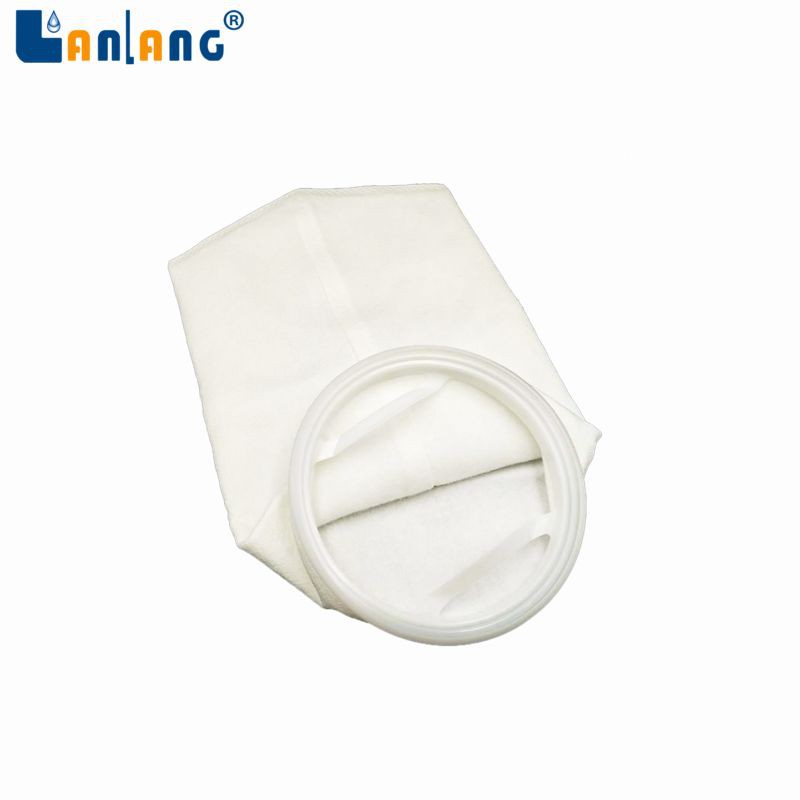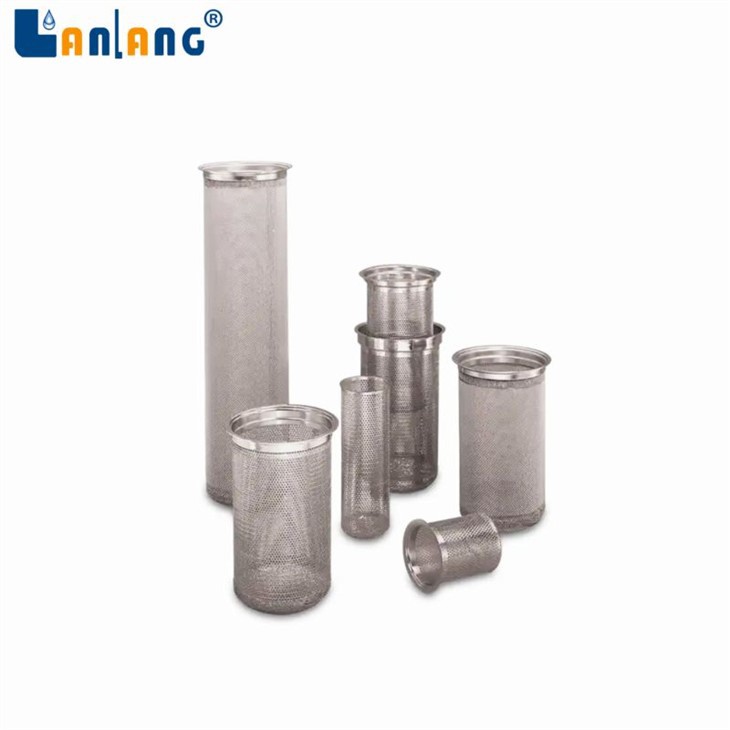Hey there! As a supplier of filter bags, I often get asked a bunch of questions, and one that pops up quite a bit is, "Are filter bags biodegradable?" Well, let's dig into this topic and break it down.
First off, what are filter bags? They're essential tools used in all sorts of industries for filtration purposes. You can find them in water treatment plants, chemical manufacturing, food and beverage production, and many other places. They help remove impurities, particles, and contaminants from liquids or gases, making the end - product cleaner and safer.
Now, let's talk about biodegradability. Biodegradable materials are those that can be broken down by natural organisms like bacteria, fungi, and other microorganisms over time. When a material is biodegradable, it eventually turns into natural substances like water, carbon dioxide, and biomass, leaving behind little to no harmful residues.
Different Types of Filter Bags and Their Biodegradability
Polyethylene (PE) Filter Bags
PE filter bags are quite popular in the industry. They're known for their chemical resistance, durability, and cost - effectiveness. You can check out our PE Filter Bag page to learn more about them. But when it comes to biodegradability, polyethylene is a synthetic polymer made from petroleum. And unfortunately, it's not biodegradable in the traditional sense.
PE filter bags can last for a very long time in the environment if not disposed of properly. Microorganisms in the environment don't have the enzymes necessary to break down the long - chain polymers in polyethylene. It can take hundreds of years for a PE filter bag to start showing signs of degradation, and even then, the process is extremely slow.
Nylon Filter Bags
Nylon is another common material used for filter bags. Nylon Filter Bag is known for its high strength, abrasion resistance, and good filtration efficiency. Similar to polyethylene, nylon is a synthetic polymer. It's made from a chemical reaction between diamines and dicarboxylic acids.
Nylon filter bags are also not biodegradable. The strong chemical bonds in nylon make it difficult for natural organisms to break them down. So, if you're looking for an environmentally - friendly option based on biodegradability, nylon might not be the best choice.
Natural Fiber Filter Bags
Some filter bags are made from natural fibers like cotton or jute. These materials are biodegradable. Cotton is a plant - based fiber, and jute is also derived from plants. Microorganisms can easily break down the cellulose and other organic compounds in these fibers.
However, natural fiber filter bags have their limitations. They might not be as chemically resistant as synthetic filter bags, and they may not be suitable for high - temperature applications. So, while they're great from an environmental perspective, they might not work in all industrial settings.
Water Filtration and Filter Bags
Filter bags play a crucial role in water filtration. Filter Bags for Water Filtration are used to remove sediment, dirt, and other contaminants from water sources. When it comes to water treatment, the choice of filter bag depends on various factors, including the type of contaminants, the volume of water to be treated, and the required level of filtration.


In water treatment, the non - biodegradable synthetic filter bags are often used because of their durability and efficiency. But this also means that proper disposal methods need to be in place to minimize their environmental impact. Some facilities recycle used filter bags, while others incinerate them in a controlled environment to reduce their volume.
Environmental Impact and Solutions
The non - biodegradability of many filter bags is a concern, especially as we become more aware of our environmental footprint. But there are some steps we can take to mitigate the impact.
Recycling
Recycling is a great option for non - biodegradable filter bags. Many companies are now investing in recycling technologies to turn used filter bags into new products. For example, recycled polyethylene can be used to make plastic lumber, which can be used in construction projects. Recycling reduces the amount of waste going to landfills and conserves natural resources.
Incineration
Incineration can also be a solution, but it needs to be done properly. When filter bags are incinerated in a controlled environment, they can generate energy. However, it's important to ensure that the incineration process is clean and doesn't release harmful pollutants into the atmosphere.
Research and Development
There's ongoing research to develop more biodegradable filter bag materials. Scientists are looking into using bio - based polymers and other sustainable materials to create filter bags that are both effective and environmentally friendly.
Conclusion
So, to answer the question, "Are filter bags biodegradable?" It depends on the type of filter bag. Synthetic filter bags like PE and nylon are generally not biodegradable, while natural fiber filter bags are. As a supplier, we understand the importance of environmental responsibility. We're committed to providing our customers with the best filtration solutions while also considering the environmental impact.
If you're in the market for filter bags, whether it's for water filtration or other industrial applications, we'd love to have a chat with you. We can help you choose the right filter bag for your specific needs. Just reach out to us, and we'll be happy to start the conversation about your filter bag requirements.
References
- "Plastics and the Environment" by John W. Murphy
- "Filtration Technology Handbook" by Peter A. Schweitzer
